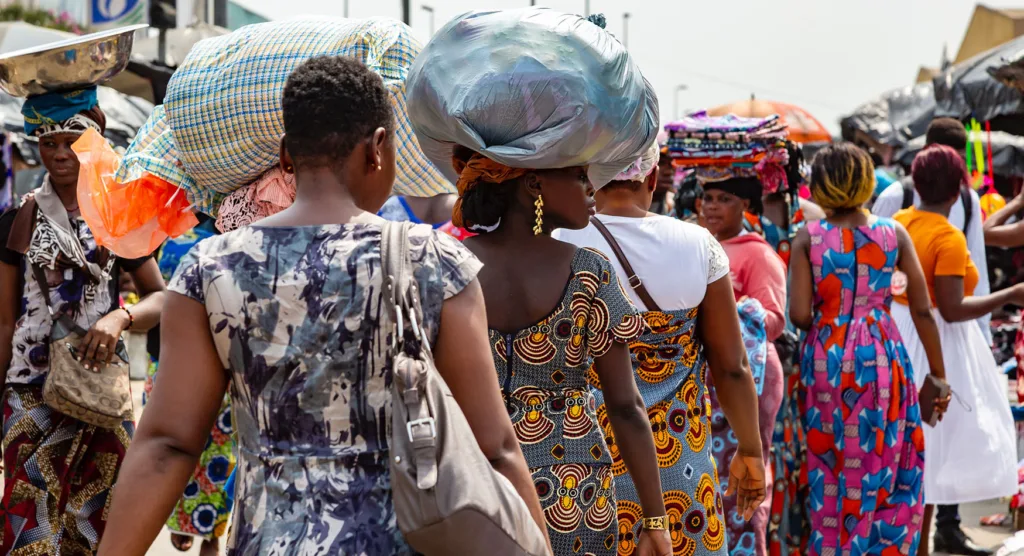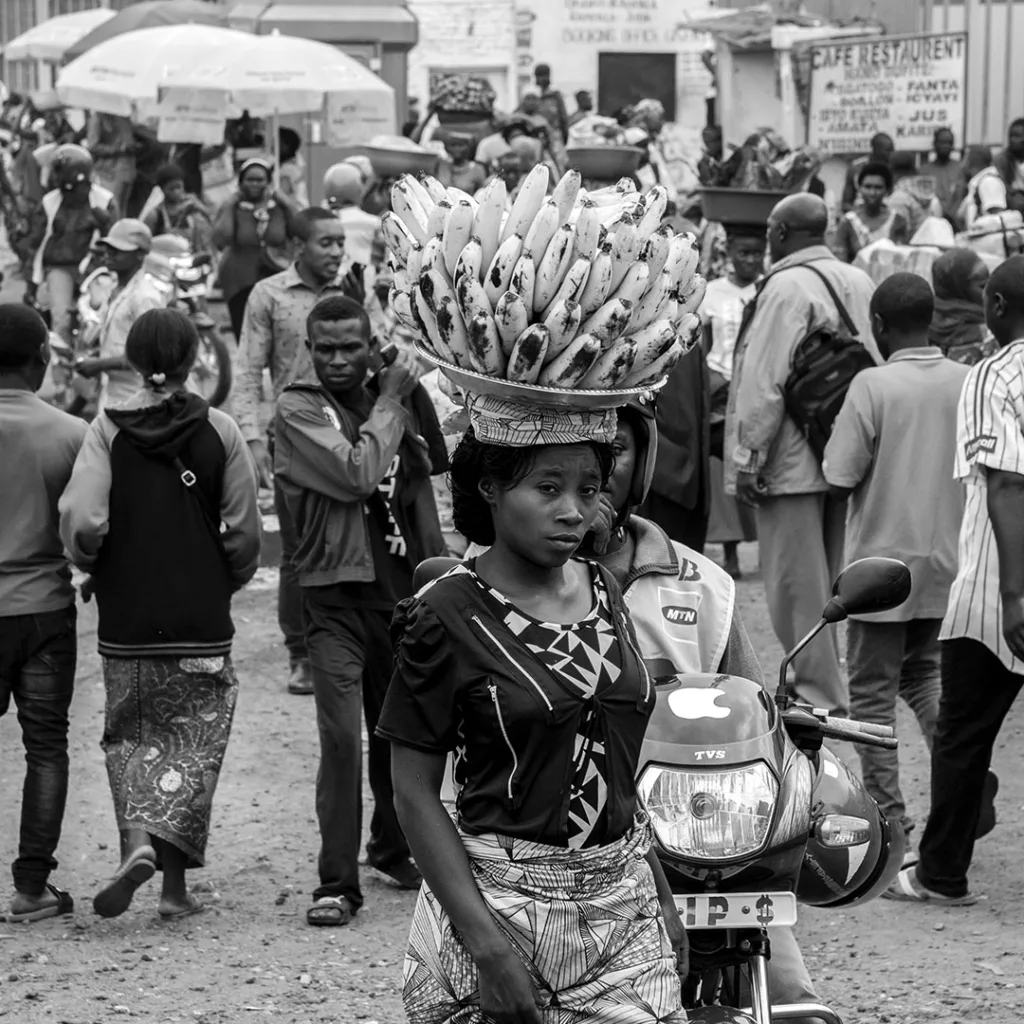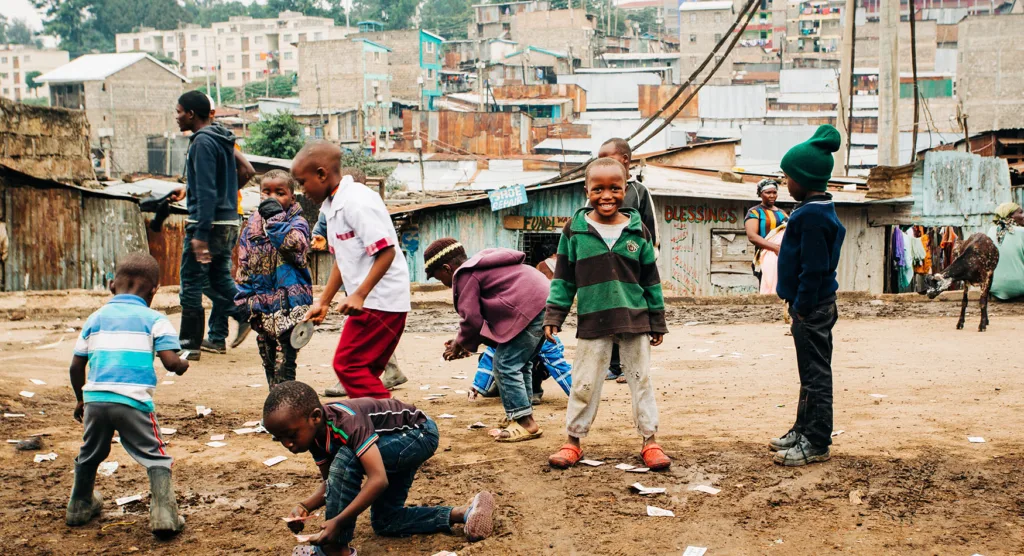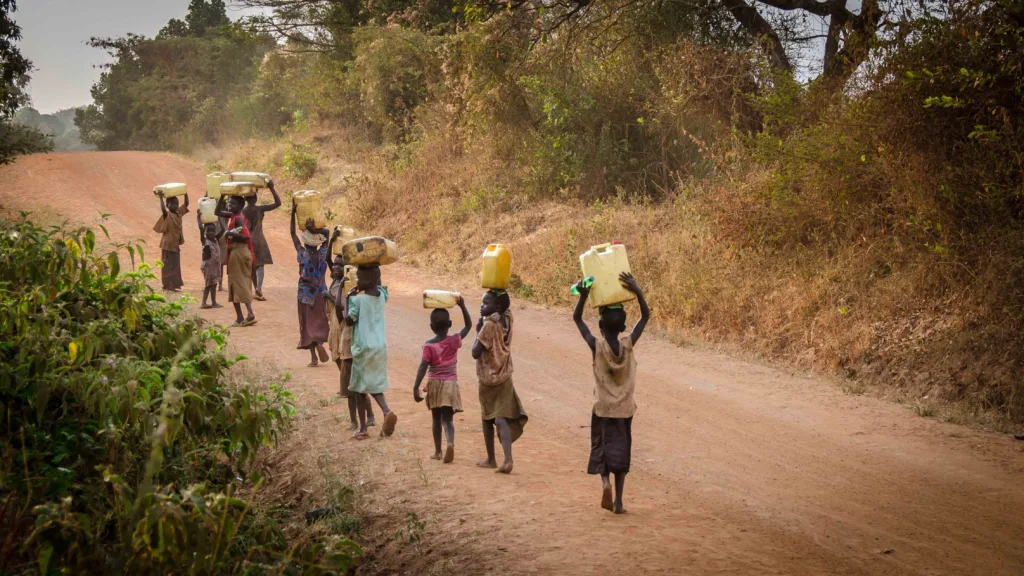Corruption in Ghana: The One Thing We’re Actually Good At (A Cultural Analysis of Ghana’s Struggle with Corruption)

As I sit down to write about corruption in Ghana, I can’t help but feel a deep sense of sadness and frustration. It’s the one thing we seem to be really good at. Move over, chocolate and kente cloth. Corruption is our national treasure, our pièce de résistance, our claim to fame. I mean, who needs clean and efficient government when you can have bribes, under-the-table deals, and abuse of power? It’s like living in a real-life episode of “House of Cards,” except it’s not just the politicians who are corrupt, it’s everyone. And by everyone, I mean EVERYONE. From the high and mighty to the low and humble, corruption knows no bounds in our beloved Ghana.
But let me not be too dramatic. Corruption is a serious issue that affects every aspect of our society, and we need to do something about it. We can’t just sit around and complain about it. We need to take action, and we need to do it now. So, grab your popcorn, settle in, and let’s dive into this cultural analysis of Ghana’s struggle with corruption.
Corruption is not just a political problem in Ghana. It’s a cultural problem. It’s the sort of problem that has become a part of our everyday lives, infiltrating our moral and ethical values until they are almost non-existent. As a Ghanaian, I have seen firsthand how corruption has affected our country and our people.
Growing up, I was always taught the value of hard work and honesty. My parents instilled in me the importance of doing the right thing, no matter how hard it may be. But as I got older and became more aware of the world around me, I realized that not everyone shared these values. I saw people taking bribes, making under-the-table deals, and abusing their power. It seemed like corruption was everywhere, from the highest levels of government to the smallest, most mundane transactions. It was so common that it almost seemed normal.

And that’s the problem. Corruption has become so deeply ingrained in our society that we’ve almost accepted it as a way of life. We’ve become desensitized to it. We’ve learned to look the other way, to make excuses for those who engage in it.
But we can’t afford to do that anymore. Corruption is holding our country back. It’s making it harder for honest, hardworking people to get ahead. It’s creating an unequal society, where only the well-connected can succeed.
So, what can we do about it? Well, for starters, we need to start valuing honesty and integrity again. We need to teach our children that doing the right thing is important, no matter what. We need to create a culture where it’s not just acceptable to be honest, it’s expected.
We also need to start holding people accountable for their actions. We can’t just make excuses for those in power who abuse their positions. We need to start investigating and prosecuting corruption, no matter who is involved. We need to create a system of checks and balances that ensures that no one is above the law.
I was on the phone with my friend Edwina, who told me about a headmistress she had recently heard about. The headmistress was appointed to a local school with the goal of bringing change and making the school a better place. However, her efforts were met with resistance from the teachers, who were entrenched in a culture of corruption and apathy. Despite this, the headmistress refused to give up, using her position of authority to promote transparency and accountability.
Edwina was struck by the headmistress’s courage and determination, and she shared her story with me as a powerful example of the ongoing fight against corruption in society. It was a reminder that there are still those who are willing to stand up and fight against the forces of greed and exploitation, and that we too can make a difference if we have the courage to join them. As I listened to Edwina’s story, I couldn’t help but think about the broader implications of corruption, and whether it is more of a cultural problem than a political one.
On the one hand, corruption is certainly a political issue, with politicians and powerful individuals often using their positions of authority for personal gain. This undermines the rule of law and undermines the legitimacy of the state, creating a vicious cycle where corruption is seen as the norm and citizens are discouraged from participating in the political process. However, it is also clear that corruption is a cultural problem, a reflection of broader attitudes and beliefs within society. When corruption becomes endemic, it is often because it is seen as a normal part of the way things are done, and individuals are reluctant to speak out against it.
To truly address the problem of corruption, it is necessary to tackle both the political and cultural aspects of the issue. This requires a commitment to transparency, accountability, and ethical behaviour, as well as active engagement and vigilance from citizens, civil society organizations, and the media. It is also important to address the underlying economic and social inequalities that drive corruption, such as poverty and inequality. Ultimately, the fight against corruption is a complex and challenging problem, but one that is necessary to address if we hope to create a just and equitable world. By working together to tackle both the political and cultural aspects of corruption, we can take a step closer to a world where corruption is nothing but a distant memory.
Corruption is a cultural problem that needs a fresh perspective to tackle it. It’s a complex issue that requires out-of-the-box solutions. As Ghanaians, we must look for innovative ways to change our culture and values to create a corruption-free society. One alternative idea is to use art as a tool for change. We could start a campaign to create awareness about corruption through art exhibitions, theatre performances, and music festivals. These cultural events could be used to highlight the negative impact of corruption on our society and promote positive values such as honesty and integrity.

Another idea is to develop an alternative economy that is not dependent on the usual channels that foster corruption. This could be done by promoting community-based industries that support local artisans and craftsmen. By creating a more decentralized and localized economy, we can reduce the influence of corrupt officials and middlemen who take advantage of the system. We can also leverage technology to combat corruption. By creating online platforms that provide transparency and accountability, we can create a culture of openness and honesty. These platforms could be used to monitor government spending, report corruption, and even offer incentives for honest behaviour.
We could also introduce anti-corruption education in schools from an early age. By instilling the values of honesty and integrity in our children, we can create a generation that is more resistant to the temptations of corruption.
We need to create a society that is less dependent on personal connections and more reliant on merit. We need to create a world where hard work and talent are rewarded, not just connections and favours. We need to level the playing field so that everyone has an equal opportunity to succeed. It’s disheartening to think that even after reading about the devastating impact of corruption on our society, so many people will still turn a blind eye. It’s as though we’ve become numb to the suffering and injustice that corruption causes, and have resigned ourselves to the idea that nothing can be done.

Well, folks, we’ve reached the end of our journey through the murky waters of corruption in Ghana. I hope you’ve enjoyed this rollercoaster ride of emotions, from sadness and frustration to hope and inspiration. It’s clear that corruption is a deeply ingrained cultural problem in Ghana, and it’s not going to be an easy fix. But don’t worry, we’ve got this. We’re Ghanaians, and if there’s one thing we’re good at, it’s finding innovative solutions to complex problems.
So, let’s get creative. Maybe we can start a new trend of honesty and integrity, like wearing matching bracelets that say “anti-corruption squad.” Or maybe we can stage a Ghanaian version of “The Hunger Games,” where the only way to win is by being the most honest and incorruptible. All jokes aside, we need to keep fighting the good fight against corruption. It’s not going to be easy, but we can’t give up hope. We must continue to demand transparency and accountability, and we must hold those in power to a higher standard. And who knows, maybe one day we’ll look back on this time as the beginning of a new era of honesty and integrity in Ghana.
So, my fellow Ghanaians, let’s keep pushing for change, one step at a time. And let’s never forget that we are a country of resilience, creativity, and above all, love.


Comments are closed.